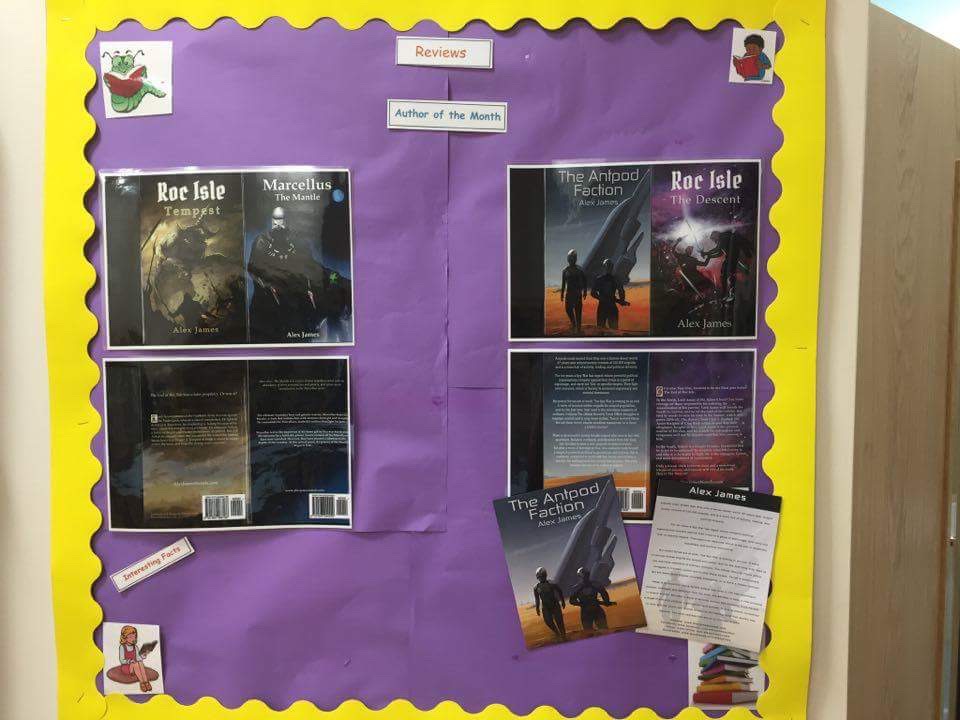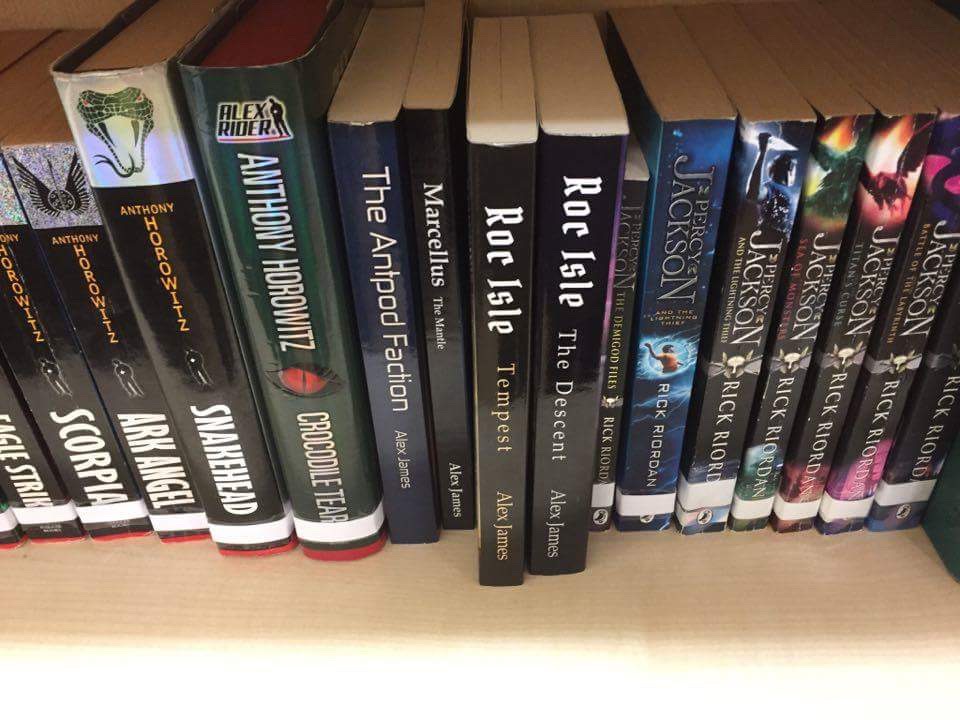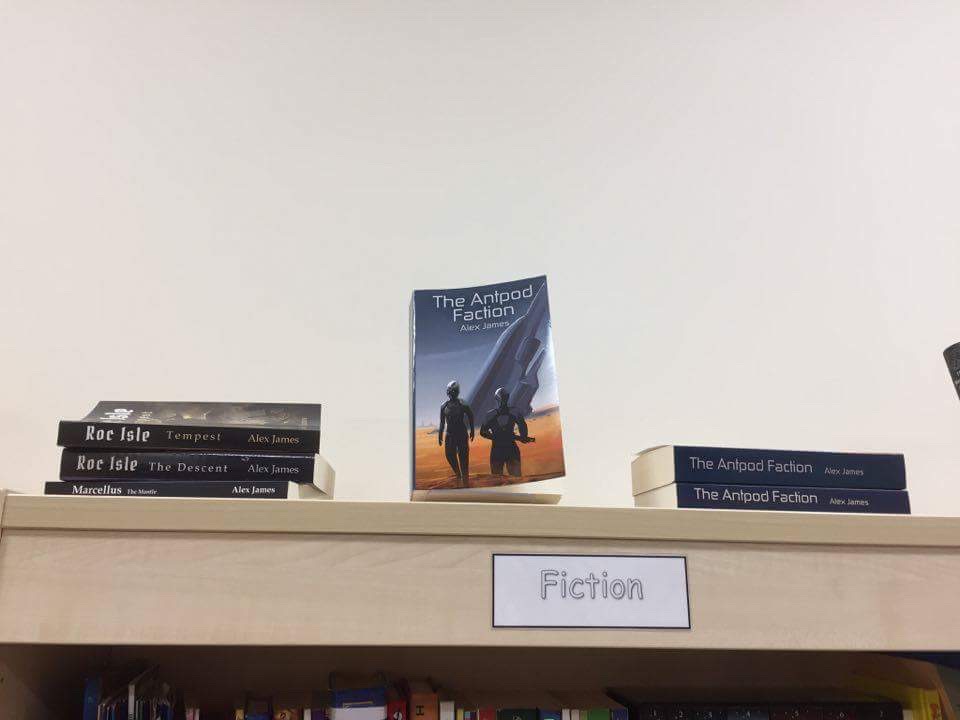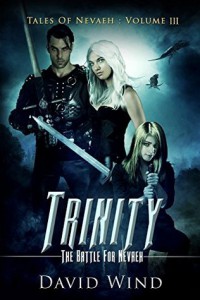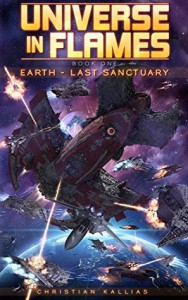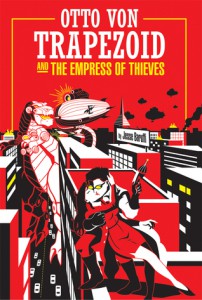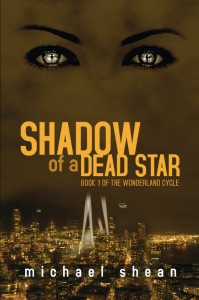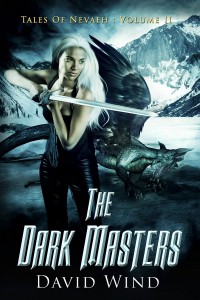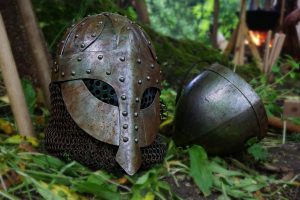 Are you a writer looking for reviews or thinking about getting published? Actively approaching reader communities is a good way to get feedback on your complete story, or for a sample or excerpt. Engaging reader community websites might be your next step towards adding those finishing touches, reaching new readers, or getting published. The following blog post will cover my experience of data-driven publisher and reader community Inkitt, and their recent Story Peak Contest, where three writers can win a publishing offer from them. I’ll address the positive and the negative aspects of the contest and what my thoughts are on Inkitt as a publishing company, which will hopefully give you some insights into how to make the most of the contest in achieving your writing aims or book marketing aims.
Are you a writer looking for reviews or thinking about getting published? Actively approaching reader communities is a good way to get feedback on your complete story, or for a sample or excerpt. Engaging reader community websites might be your next step towards adding those finishing touches, reaching new readers, or getting published. The following blog post will cover my experience of data-driven publisher and reader community Inkitt, and their recent Story Peak Contest, where three writers can win a publishing offer from them. I’ll address the positive and the negative aspects of the contest and what my thoughts are on Inkitt as a publishing company, which will hopefully give you some insights into how to make the most of the contest in achieving your writing aims or book marketing aims.
Should I enter the Story Peak Contest? That was the first question on my mind. A little research on Google on what other sites say about Inkitt leads to quite mixed results, and there wasn’t enough convincing information on either side to encourage me to fully decide one way or the other. The sites that were positive cited how amazing the platform was for connecting with readers and getting their stories noticed, and that some writers were going to eagerly upload their latest story to future contests. However, I spent more time looking at the negative points on sites, to see if there were any valid concerns before I entered their latest contest. Some cynical sites will tell you they are notorious spammers, that you’re giving away first English language rights by uploading your content to their site, or that it’s silly to ‘publish’ your story on Inkitt for them to maybe offer you a ‘publishing’ deal afterward. Some of us have become so suspicious of new start-up publishing companies that our attitude is to dismiss them out of hand, and based on what I’ve experienced or seen I can understand.
Before I entered their contest, I asked a few questions to see if they could clear up some of my concerns about the above points. The responses I got were prompt and friendly, though perhaps a little vague. Sometimes different people would answer my questions, which was confusing, but at least they had names and job descriptions. I was soon wondering if I was asking stupid questions. The reason for this is because the instructions on their website are short and simple, Spartan one might say and we writers like to ask questions and worry about the details. A few things came back to my mind to reassure me: All Rights Reserved was posted beside the writer’s name on every story uploaded to the Inkitt website; and on the few occasions in the past when they have contacted my writer website, they have been friendly and reasonable. I haven’t been spammed by Inkitt on Twitter.
I entered the Story Peak Contest early August 2016, with my title Kroll: Magnificence, in the hopes of getting feedback from prospective readers. In the contest, only 100 readers can reserve copies of your story, so if you’re concerned that the entire reading community out there are going to read your latest creation, then don’t be. Those who don’t reserve a copy can only see a short sample. Your job is to build your readership from the ground up, persuading your already existing fans or maybe new fans to reserve their copy, read your story, and leave feedback on the Inkitt site, in the space of about a month. No, you don’t have much time, and if you haven’t got many friends and family who are willing to read your story, you’re going to really have to put in the legwork if you’re going to get anywhere. Indeed, my experience in this contest taught me the same lesson again about reaching readers: the onus is on you. Readers aren’t going to magically gravitate to your story, and then go out of their way to read your story and leave feedback; they need a reason and you need to give them that reason. As a result, getting through the ‘first round’ is not the cakewalk you’d expect it to be. 15 copies of my title disappeared like hot cakes, and I had a real belief I was overtaking the other titles and would get through with ease, but I was wrong. After my preliminary efforts, only 3 more copies were reserved for the remaining three weeks, and I only had myself to blame for my lack of effort. I don’t see it as a failure because it gave me an excuse to ask for feedback on Kroll. More on that below…
Okay, so the positive
Inkitt do take on board writer feedback. Their contest rules, including prior and existing contests, have changed in response to writer feedback, which shows they are prepared to listen and adapt accordingly. Despite their supposed reliance on an objective algorithm, they aren’t uncompromising with writers.
During the contest, I was emailed to be informed I was given a second chance to build my readership when a ‘second round’ to the Story Peak Contest was going to be added, extending the contest. Inkitt also gave writers more control over who was allowed to reserve a copy, encouraging a system whereby only those who submit feedback/reviews would keep their copy. I welcomed this change because it meant writers could control their involvement in the contest and build reader loyalty. After all, 100 readers is the official aim of the contest, but reviews are the main goal of every writer and could well determine success if you manage to get your 100 readers and move to the second round.
Inkitt does provide a handy dashboard for analysing your analytics, and a promotion to-do list that points writers in the right direction to build a readership. It encourages you to succeed, and doesn’t discriminate (at least until the second round).
Whenever I asked Inkitt questions, the people responding would reply in a friendly and efficient manner, and were happy to address my issues. I was under the impression Inkitt were a writer-friendly company determined to adapt to succeed. Though some have doubted their publishing experience and background online, they have a drive to succeed by interacting with a multitude to writers and they seem to be catching on how to we think and responding positively to our needs by changing contest models.
Entering the contest was a worry for me at first. Do I upload my whole unpublished story? Is it wise to do that on a website I know so little about? However, it gave me the motivation to ask friends and family for feedback, and some were more than happy to be asked, for which I was thankful. In a publishing industry where there are no guarantees with book marketing, the simple goals of the contest gave me the push I needed to make an effort on my own behalf to get some reviews. Thanks Inkitt! I went into the contest with nobody having read more than a chapter of Kroll, and came out of the contest with over five people having read at least five chapters, if not the whole thing. It doesn’t sound vastly impressive for a writer, but considering Kroll: Magnificence is an unpublished story that I haven’t shared, I did feel I made reader connections with friends and that I came out of the contest with a sack (of reviews).
The negative parts
When you have your 100 readers, and hopefully, some well earnt good reviews, you advance to the next round where Inkitt will decide who gets published based on their algorithm/system for measuring reader engagement. ‘Algorithm’ can be off-putting for writers, who many mistrust exactly how Inkitt will perceive your story’s success to make it more of a success… Furthermore, it is a source of anxiety what will become of your story if you make it to the next round. Do you just sit tight and wait, and how long do you wait for? How will the second round be carried out? These questions are not answered on the Inkitt website.
Personally, I like to see a publishing company that specialises in certain types of books because it gives me the confidence that my story, and me as a writer, would fit with what the publisher stands for or publishes. Inkitt’s positive every-writer-is-welcome was nice, but if I was offered a publishing deal would I be convinced I was with the right people and company? In their contest description, they do imply they can act as a bridge between A-list publishers and writers, but there are no guarantees here. I’m sure the arrangement would work very well if your story has an exploding readership. Coupled with Inkitt’s promotion, it could work to your advantage. But if readers and reader engagement ebbs then you’re going to see the contest, or your efforts in promoting the contest, as being the main reasons you built a decent readership. I suppose in some ways it depends on the publishing contract and what they can do for you.
Some readers I was in communication with felt it was inconvenient to read from the Inkitt website, which is a problem that may be somewhat rectified once the Inkitt app has been released. Some also were put off by the idea of reading a whole story in approximately one month, but for the sake of a contest I don’t see how this feature could be improved.
On the Inkitt website, I had overlooked the fact that they imply that in a publishing contract you would give your rights to Inkitt, presumably instead of licensing them, and you would get them back if Inkitt didn’t sell 1000 books in twelve months. Some writers might be uncomfortable with this arrangement, but this is only if you are offered a publishing deal. To reiterate, you don’t surrender any rights by uploading your excerpt or your entire story onto the Inkitt website.
Overall verdict
The people who work at Inkitt are writer-friendly in that they listen to writers’ needs, change their contest models, and are happy to explain any issues with prompt replies. This gives me confidence and trust in their company. Their contests are amazing concepts for bringing readers towards their website, and therefore for fostering a future reading community, like Wattpad perhaps. Not only are the contests improving, but they keep targeting different types of readers, which is smart of them.
The people I reached out to were curious about Inkitt, and wanted to learn more. Writers end up being advocates for Inkitt in the hope they can translate this into advancement in the contest, and crucially, more feedback for their complete story.
If you’re looking for a fast way to gain new readers automatically, forget it! You must put in the time to promote your story and reach out to existing or new readers, even if you’re using Inkitt’s handy dashboard. Though it doesn’t state that the reader must read the entire story to write a review, I would recommend asking them to read the first five chapters, especially if they have to read on the Inkitt website.
What happens if you have 100 readers and some decent and positive feedback, after all your efforts? You might get a publishing deal with Inkitt, which might be a good thing, once you’ve seen what it entails and how they can help you reach even more readers. They do the editing, design, and even run the marketing campaigns. Unfortunately, more details or at least an FAQ section isn’t available to view, so I’d recommend to Inkitt that they write something to that effect. Their new website design states that they are a revolutionary literary agent, which is a well-considered angle, if they hope to pitch your story to A-list/traditional publishers, where your story would be published a second time and Inkitt would be the middle-man. If you trust Inkitt, they could work well as literary agents, but you need to be sure they can deliver as literary agents, who usually have a lot of connections and past experience in publishing or are members of an association. They also need to write why they are best placed to become your literary agent. At the moment, there is no guarantee that an A-list publisher would make an agreement with Inkitt, though they have done for past titles published by Inkitt (Bright Star by Erin Swan for example) as is currently visible in a slideshow on their website. As a writer I assumed popularity would interest A-list publishers, but exactly how much popularity is necessary? No, I’m sorry but we writers need more than just a “maybe” made clear to all of us. We need to know in detail what’s great about being published by Inkitt, what’s great about Inkitt as our literary agent, and what’s great about our chances of being published by an A-list publisher in terms of what they can do for us. It might give us writers more motivation to succeed in the contests.
http://www.inkitt.com
Kroll: Magnificence five-chapter excerpt on Inkitt
(If you liked this article, please consider reading my five-chapter excerpt of Kroll: Magnificence on Inkitt and providing me with feedback.)

